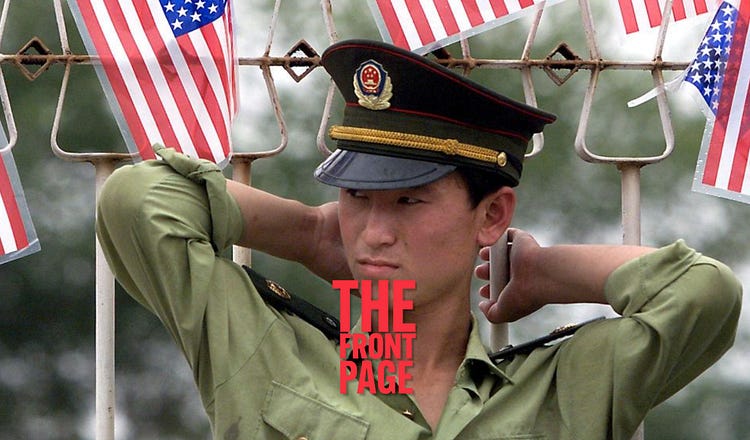America and China Are Getting Divorced. It’s Not Amicable. Plus. . .

(Stephen Shaver/AFP via Getty Images)
Xi and Trump’s fight for global supremacy. Could the White House strike a deal with Iran as soon as this weekend? A soybean farmer’s appeal to the president. And much more.
--:--
--:--
Upgrade to Listen
5 mins
Produced by ElevenLabs using AI narration
404
It’s Thursday, April 10. This is The Front Page, your daily window into the world of The Free Press—and our take on the world at large.
Coming up: Will Trump strike a deal with Iran? Jay Solomon investigates. Naomi Schaefer Riley on the kids who really need the government’s protection. A Trump-voting soybean farmer desperate for the president to reconsid…
Continue Reading The Free Press
To support our journalism, and unlock all of our investigative stories and provocative commentary about the world as it actually is, subscribe below.
$8.33/month
Billed as $100 yearly
$10/month
Billed as $10 monthly
Already have an account?
Sign In


